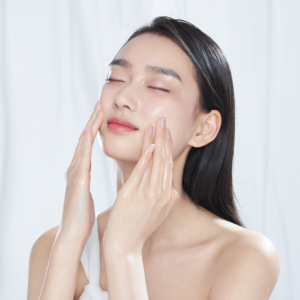Finer Methods for the Anxiety Therapy Now

The depressive episode does not coincide with the diagnosis of Major Depressive Disorder (or major depression), because many people can have more or less marked mood swings, up to the actual bipolar disorder, of which depression it can only be a symptom, even if it is usually the most unwelcome to the subject, who asks for help in these phases.
Depression is a common disorder among the general population and therefore very well known. Indeed, it appears that 10% to 15% of the population suffers, with a higher frequency among women.
Nevertheless, most depressed subjects do not get to have suicidal ideations or particularly severe symptoms, but they complain of symptoms that are often not even easily associated with depression itself (chronic fatigue, physical illness, apathy, fatigue, loss of desire, irritability, etc.). For the private anxiety therapy these are the essential options that you can go for now.
Depression is twice as common in adolescent and adult females as in adolescent and adult males. In children, males and females are equally affected.
The depressive disorder can begin at any age, with an average age of onset around 25 years. Some have major depressive episodes isolated for many years without symptoms, while others have groups of episodes, and others have more and more frequent episodes with increasing age.
Depression symptoms
The symptoms of depression are varied and can be grouped into:
Cognitive symptoms of depression
- A reduced ability to concentrate or even make small decisions, where there can be distractibility or memory difficulties.
- A very strong tendency to blame, devalue, feel unworthy. Ruminations on small past errors are the order of the day and neutral or trivial daily events are interpreted as proof of personal defects or shortcomings.
Affective symptoms of depression:
Generally those who suffer from major depression show a depressed mood, a marked almost daily sadness, so much so that the mood and thoughts are always negative. There seems to be a real pain of living, which leads to not being able to enjoy anything anymore.
In fact, the loss of pleasure in performing hobbies or activities that were actively sought after is a feature that is always present in depressive disorders. There may be social withdrawal, abandonment of pleasant occupations or decreased sexual desire.
Volitional / motivational symptoms of depression:
A marked fatigability, for which the person feels exhausted and tired even in the absence of motor activity:
Smaller tasks seem to require considerable effort and efficiency can be reduced in their performance (for example, an individual can complain that having breakfast is tiring and takes twice as long as usual).
Behavioral symptoms of depression:
An increased or decreased appetite
Usually there is a loss of weight and a loss of weight, some individuals with major depression report having to strain to eat. Others may eat more and crave special foods (e.g., sweets or other carbohydrates), as if they were seeking comfort in food.
An increase or decrease in sleep. Some people may wake up early, have frequent nocturnal awakenings or struggle to fall asleep, without feeling rested in the morning, others come to sleep too (hypersomnia). Sometimes disturbed sleep is the reason why the individual requires treatment.

